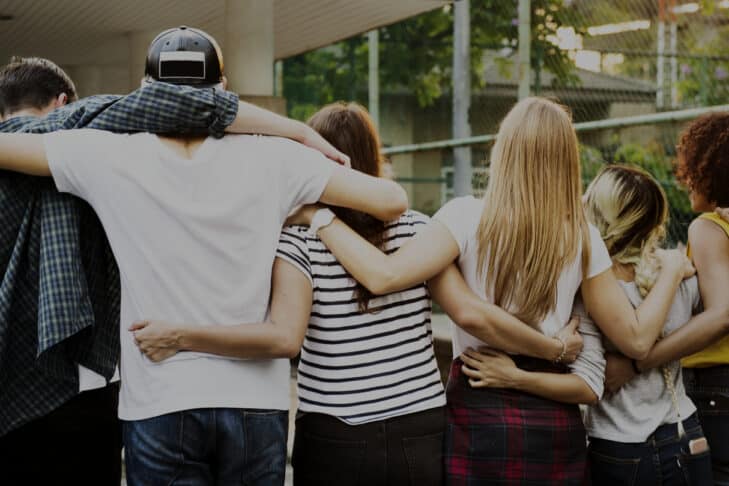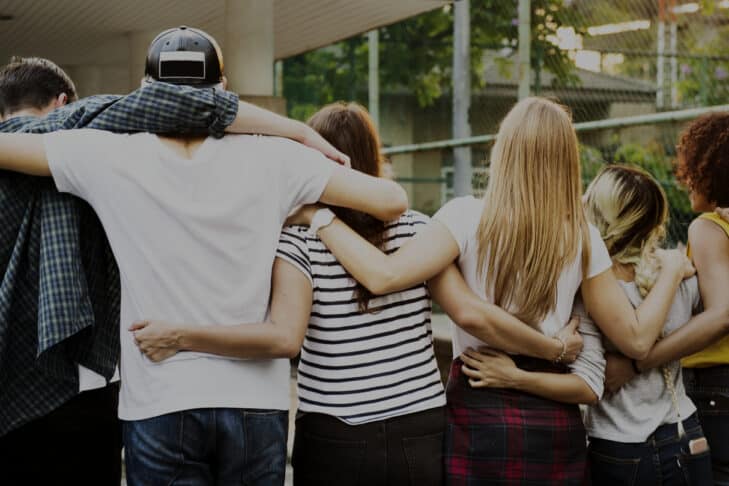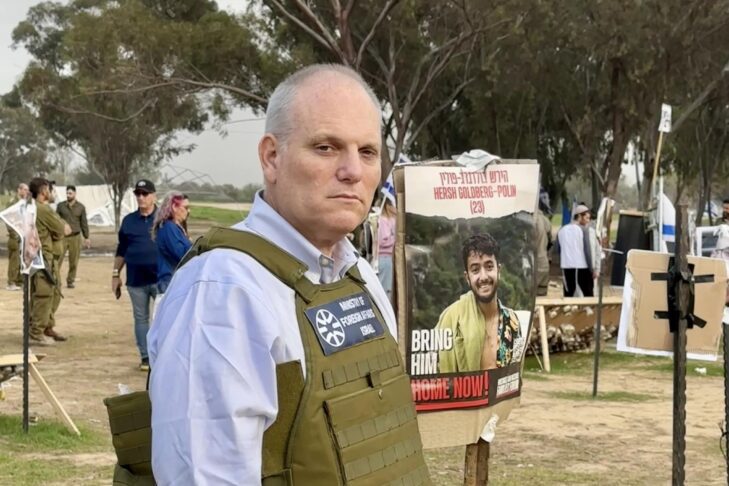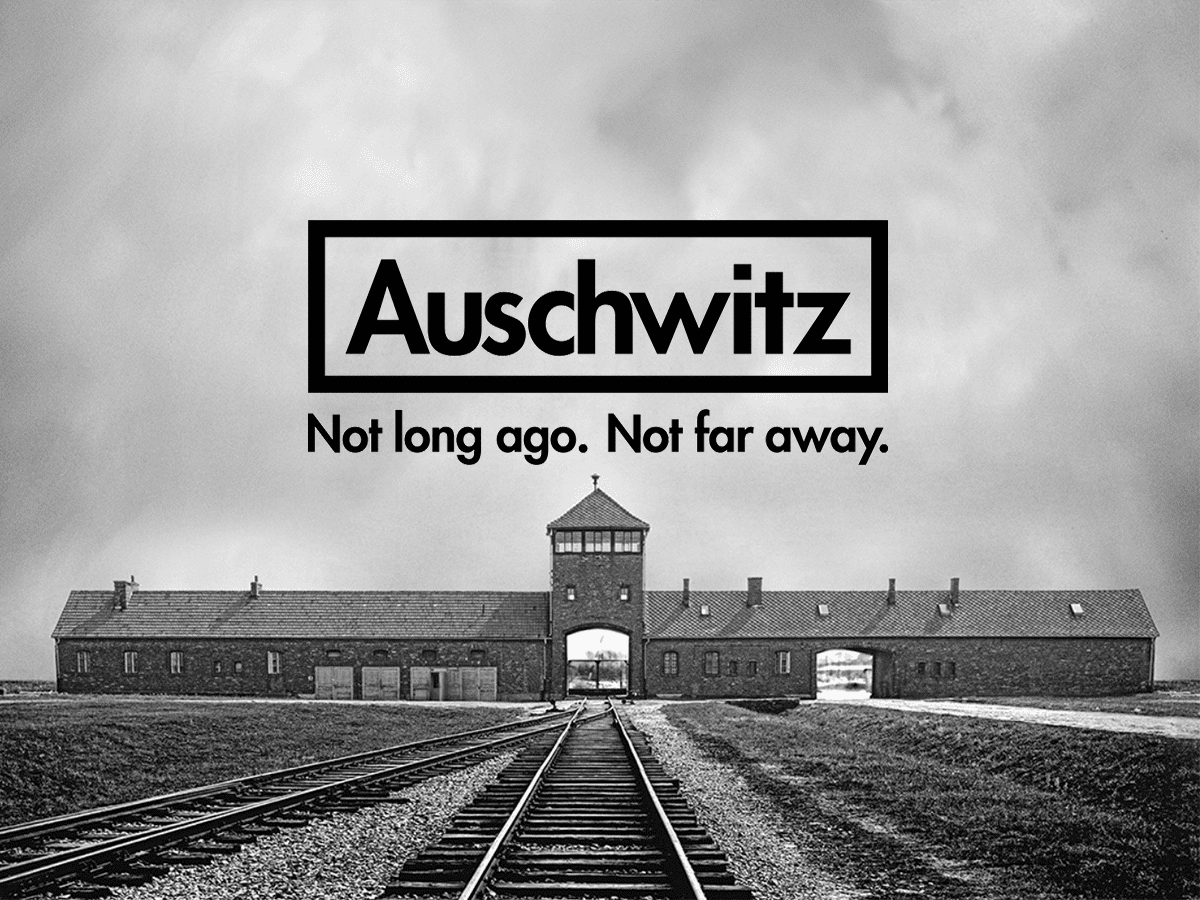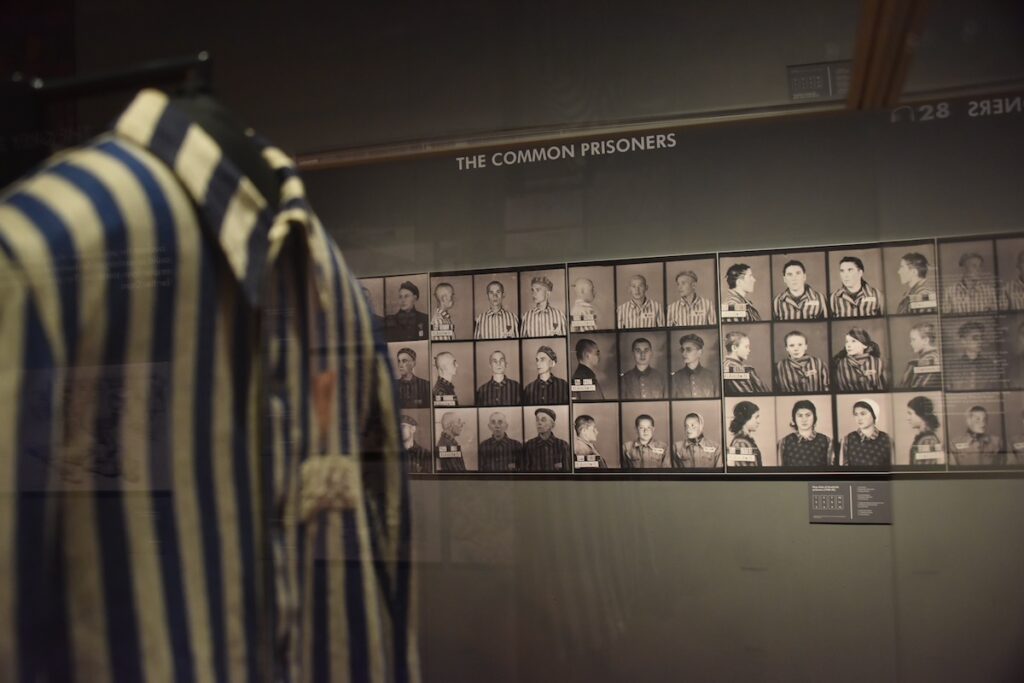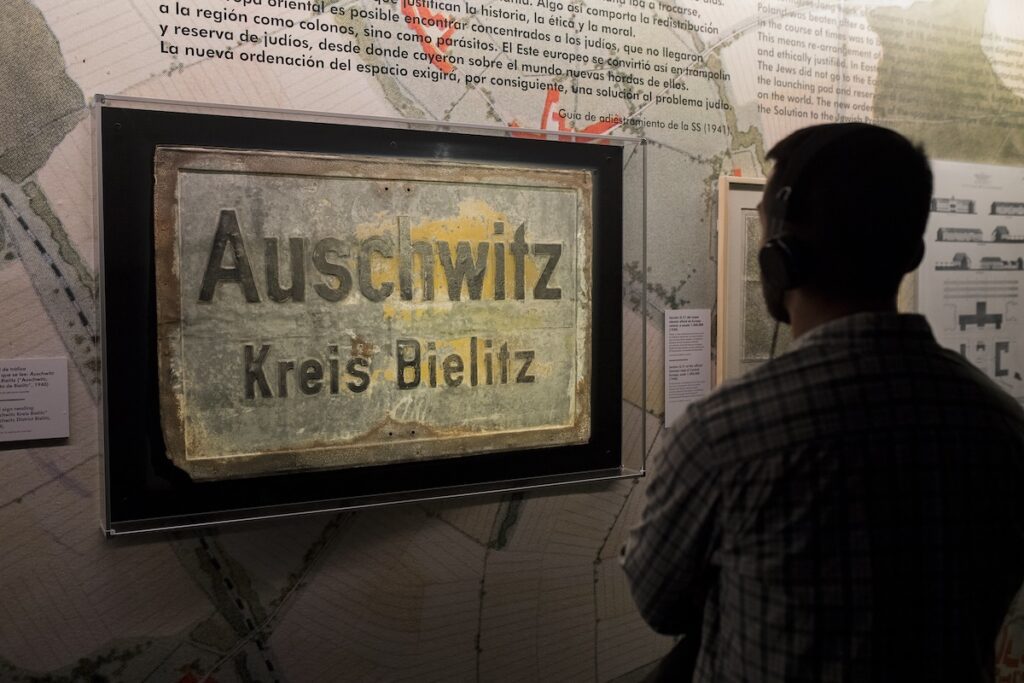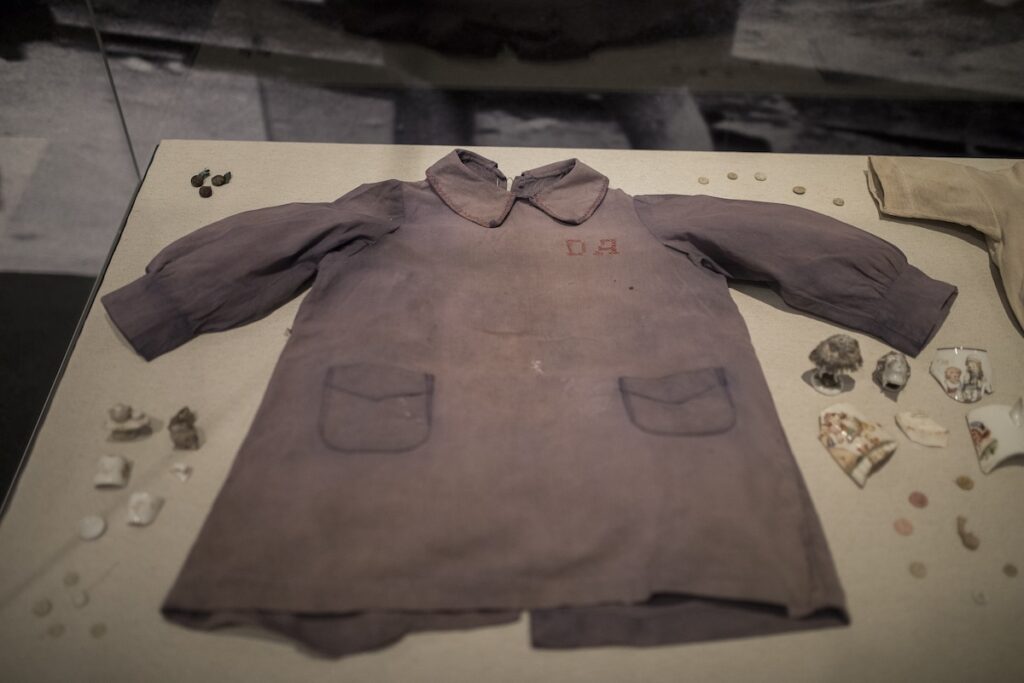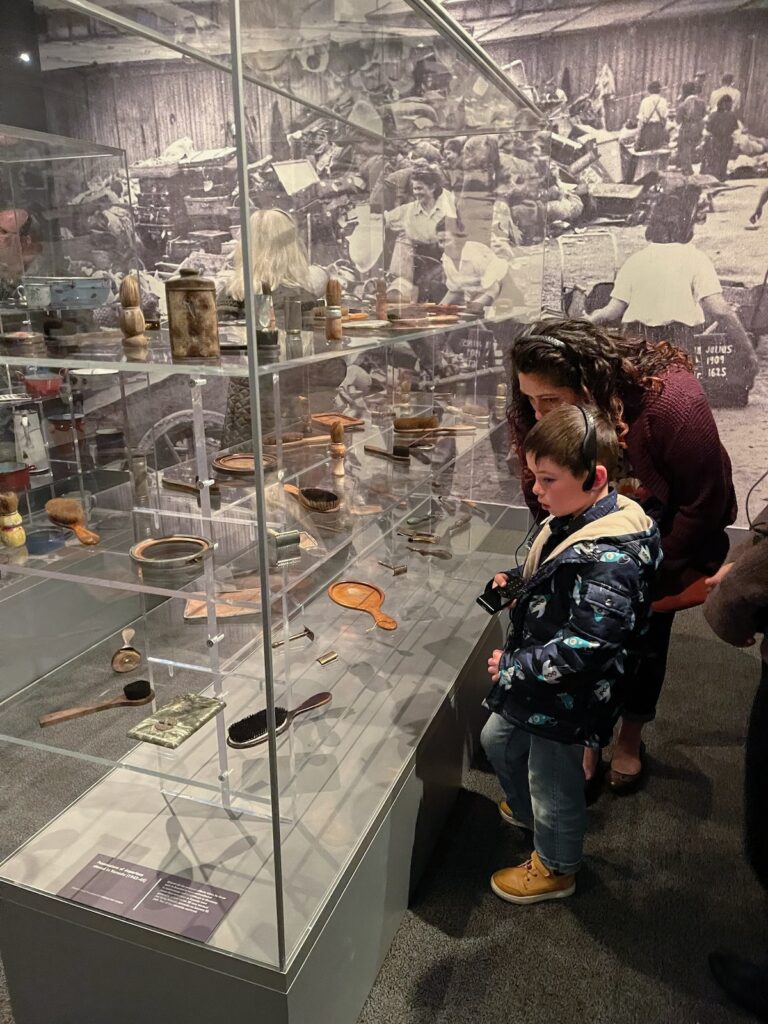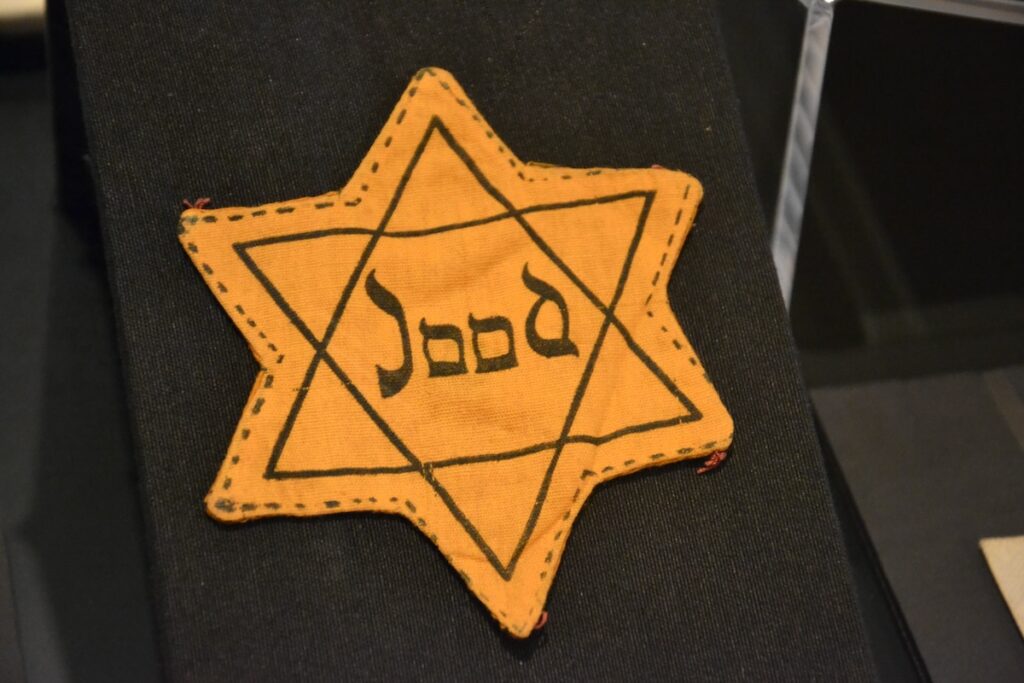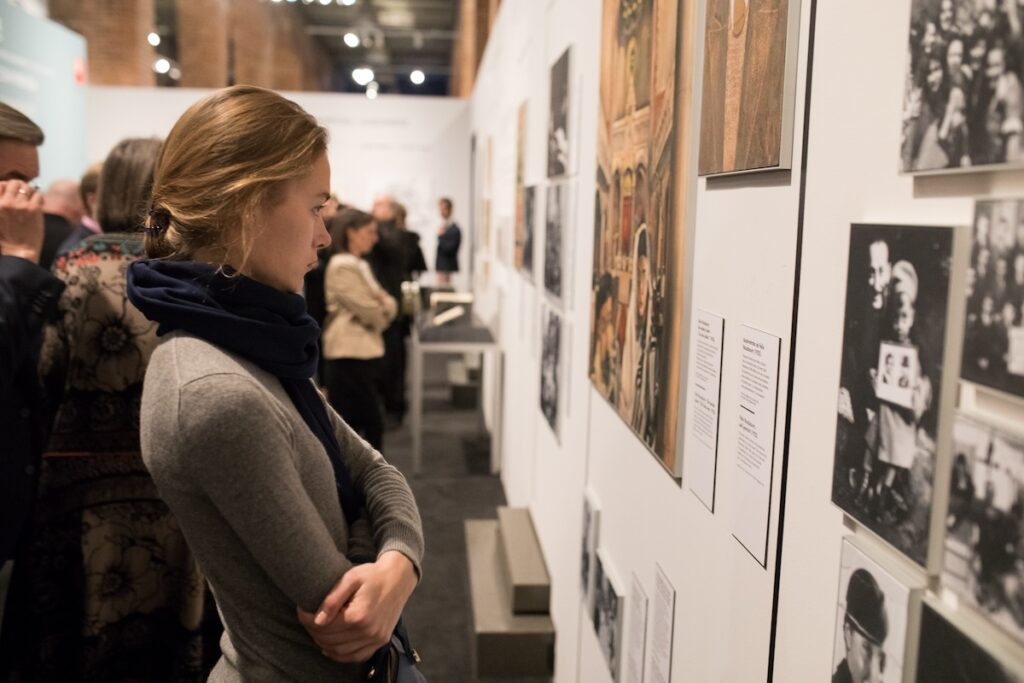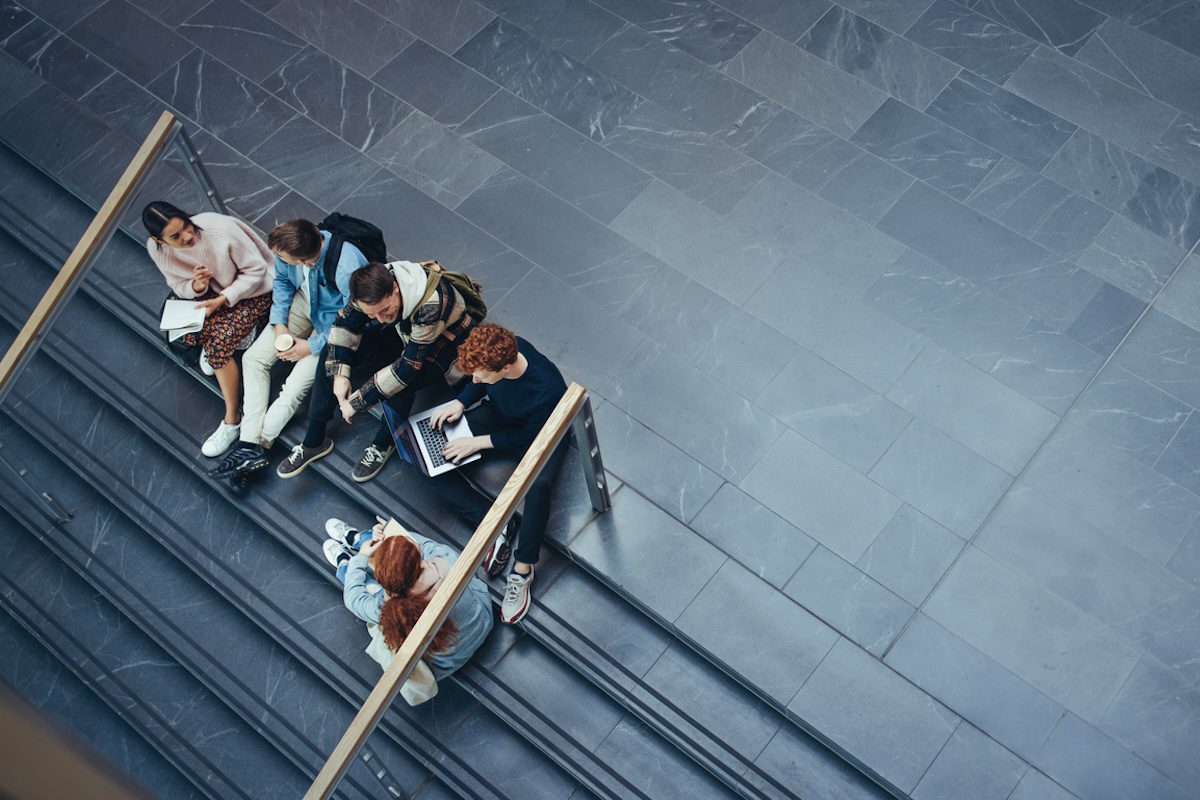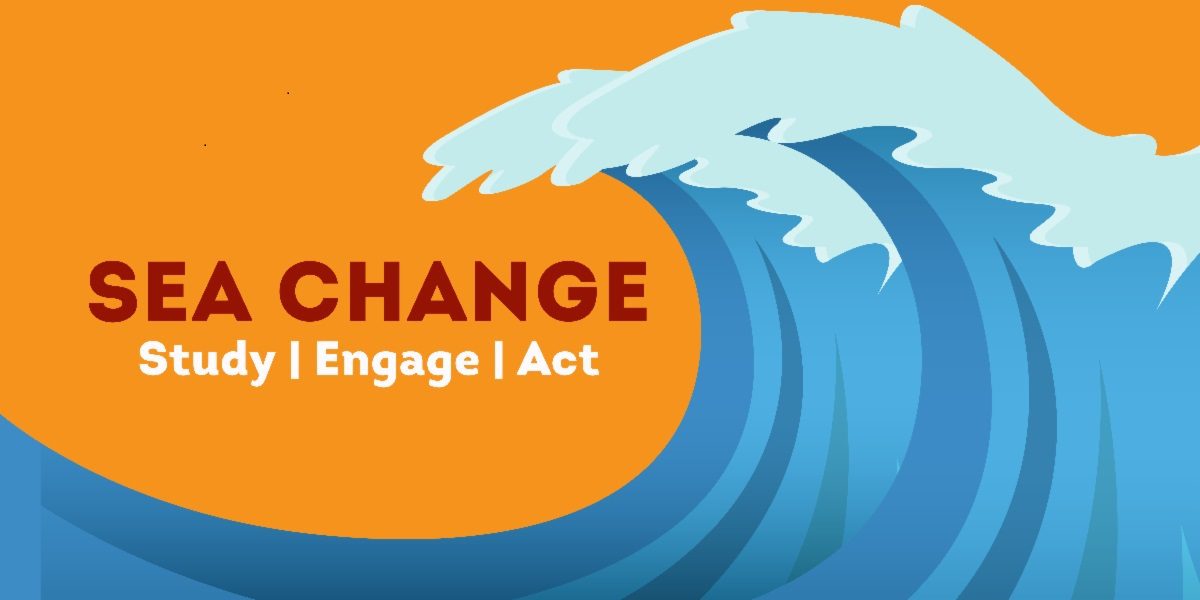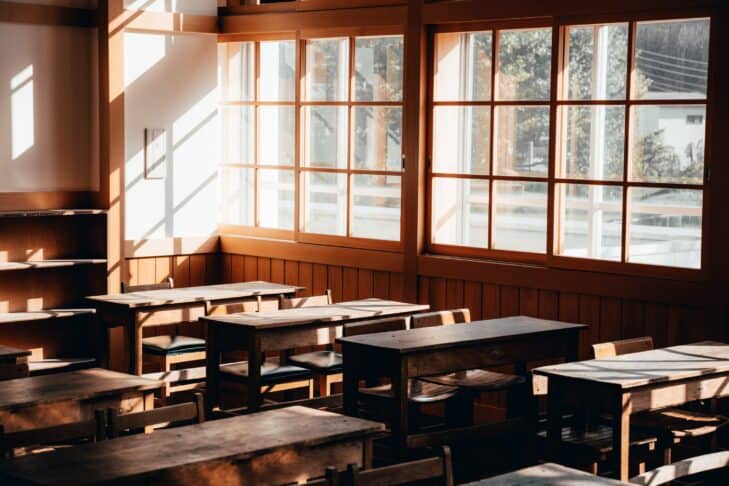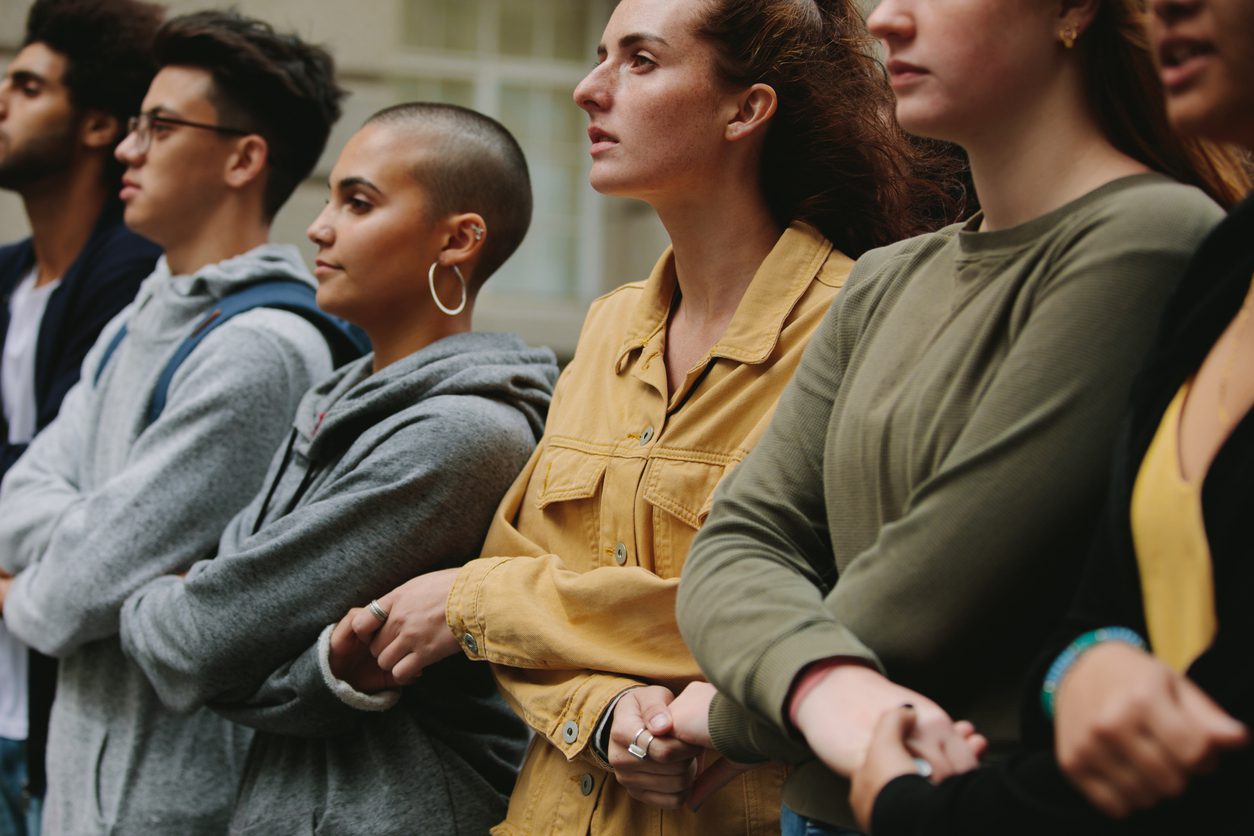By Combined Jewish Philanthropies
Nurturing and engaging the next generation in Jewish life has always been an integral component of CJP’s mission and values. However, fears about rising antisemitism and the backlash against Israel following the terror attacks of Oct. 7 have left many parents, teachers, and caregivers concerned for the safety and well-being of students, faculty, and staff at Greater Boston’s 14 Jewish day schools and 40 early childhood centers (ECCs).
To continue this important work and as part of our ongoing 5-Point Plan to combat Jewish hate, CJP’s Communal Security Initiative (CSI) has allocated new one-time surge grants to these schools and centers totaling $515,000. All funds will be distributed in early February and will go toward supporting each institution’s unique security needs.
Even before the terror attacks, CJP’s Communal Security Initiative has been working with these schools and centers to ensure that educators, parents, and children feel seen and safe, giving them the right tools to succeed.
“We’ve been building a foundation of safety and security through first aid, CPR, active threat trainings, and on-site assessments and consultations through our partnership with the CSI team,” says Jodi Jarvis, senior director of family engagement at CJP. But antisemitism is on the rise and anxiety and fear of the families of these children is causing stress for the entire community. Jeremy Yamin, vice president of security and operations at CJP, notes that although they’ve been working with day schools and early childhood centers for years, now was the time to increase focus on safety and security for these important constituencies, especially the ECCs.
“The CSI program is a long-term investment by CJP in the community. And for everything we work toward at CSI—the goal is to be proactive, holistic, and sustainable. But there are certain moments in time when we’re able to add more to our programs.”
Thanks to the generosity of our donors, this is the largest investment CSI has been able to offer preschools.
“We’re excited to offer this type of support to our networks and to continue to build a foundation where families feel safe and secure with where their children are,” says Jarvis.
The schools and centers that received the grants were also excited. Amy Bolotin of Frances Jacobson Early Childhood Center at Temple Israel of Boston said, “It has been essential that we increase security presence at our school this year. The CJP grant has supported our ability to cover that cost. Our parent and educator communities are deeply grateful for CJP’s support and the peace of mind knowing we are doing our best to keep our children safe.”

